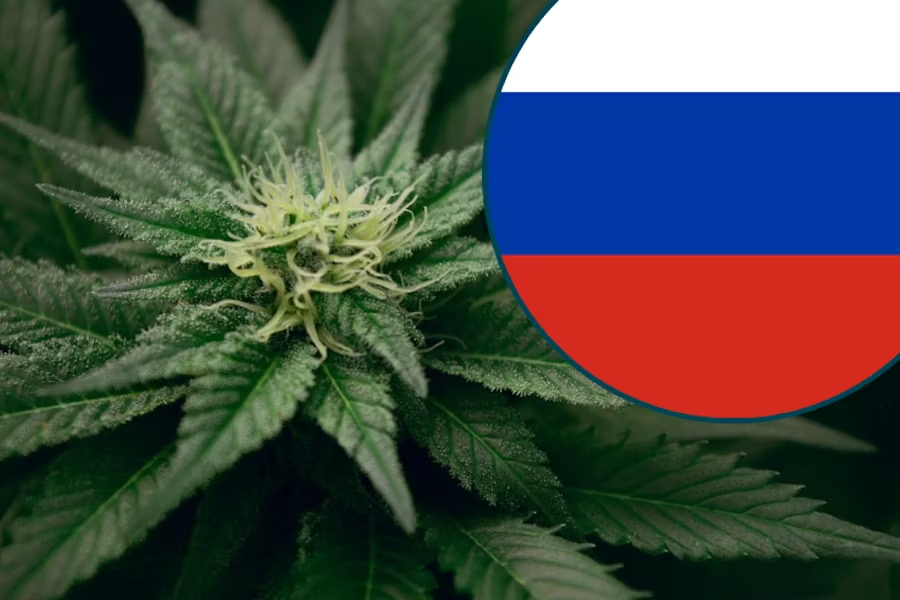Proposal to Ban Free Sale of Cannabis-Derived Products in Russia
The Union of Enterprises of the Nicotine-Containing Products Industry (SPINI) has requested that the Russian government regulate the circulation of products containing cannabis derivatives. Currently, such products—including foods and cosmetics—can be easily purchased in stores and on online marketplaces, according to a letter obtained by “RG.” Scientists warn that these substances can pose significant health risks. The government has already instructed the Ministry of Internal Affairs and the Ministry of Health to investigate the issue.
CBD Products Widely Available in Russia
At present, the Russian retail market offers a variety of products containing cannabidiol (CBD), a cannabinoid derived from hemp flowers or produced synthetically. This is outlined in SPINI’s letter to Prime Minister Mikhail Mishustin. Products containing CBD include cosmetics, food items (such as teas, confectionery, and dietary supplements), and liquids for electronic nicotine delivery systems (ENDS).
These products are sold legally, based on laboratory reports stating that CBD is not included in the lists of controlled narcotic or psychotropic substances. For example, CBD oils are available on online marketplaces. Product descriptions often claim anti-inflammatory, regenerative, antioxidant, and immunomodulatory effects. CBD is also believed to improve mood and relieve muscle tension, and some Western doctors prescribe it for epilepsy. However, another cannabis derivative—tetrahydrocannabinols—is on the list of banned substances.
International and Scientific Perspectives
While some countries have legalized CBD, many others ban it as a narcotic. Notably, in 2022, China—one of the world’s largest cannabis producers and exporters of cannabinoids—banned the free circulation of cannabidiol, as noted in SPINI’s letter.
The Research Institute of Organic Chemistry and Technology, which SPINI consulted for clarification, points out that the mechanism of CBD’s action is not fully understood. On one hand, CBD is not psychoactive and does not cause hallucinogenic effects. Some studies note its anticonvulsant, analgesic, anti-inflammatory, antiemetic, and other therapeutic properties.
On the other hand, CBD has many side effects. Studies on humans with epilepsy and mental disorders have reported liver dysfunction, diarrhea, fatigue, vomiting, and drowsiness. One study found that oral CBD intake had toxic effects on the male reproductive system in primates and led to increased organ mass (liver, heart, kidneys).
All these studies indicate the potential dangers of CBD, according to the Research Institute. Therefore, scientists believe that cannabidiol should be controlled as a narcotic substance in Russia. Additionally, while CBD itself is not psychoactive, it can be converted into psychoactive substances in acidic environments.
SPINI’s Request and Government Response
Based on the institute’s findings, SPINI is asking the government to instruct the relevant authorities to resolve the legal uncertainty surrounding cannabidiol by banning its free circulation. They suggest that sales should only be allowed if its safety is proven.
The government has forwarded SPINI’s request to the Ministry of Internal Affairs and the Ministry of Health for review, according to “RG.”
Market and Agricultural Implications
“The market needs clarity. Explanations are necessary, especially considering global trends in the legalization of cannabis and related products,” says Pavel Shapkin, Chairman of the National Union for Consumer Rights Protection. He also notes that agricultural producers need clear guidelines on whether it is permissible to cultivate industrial hemp.
The cultivation of industrial hemp is not prohibited by law in Russia; for example, hemp stalks are used to produce fiber and paper.



